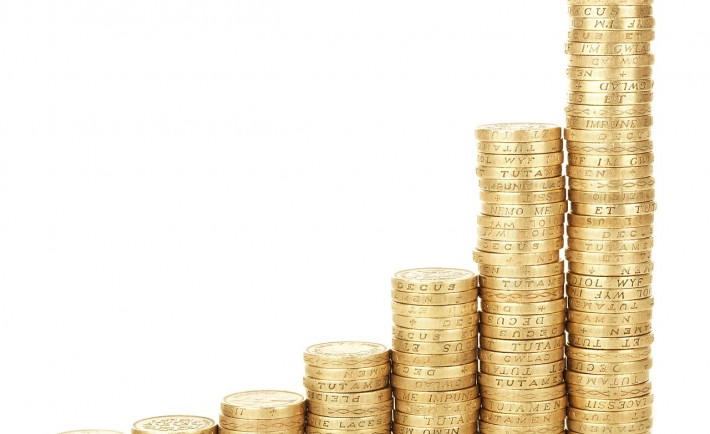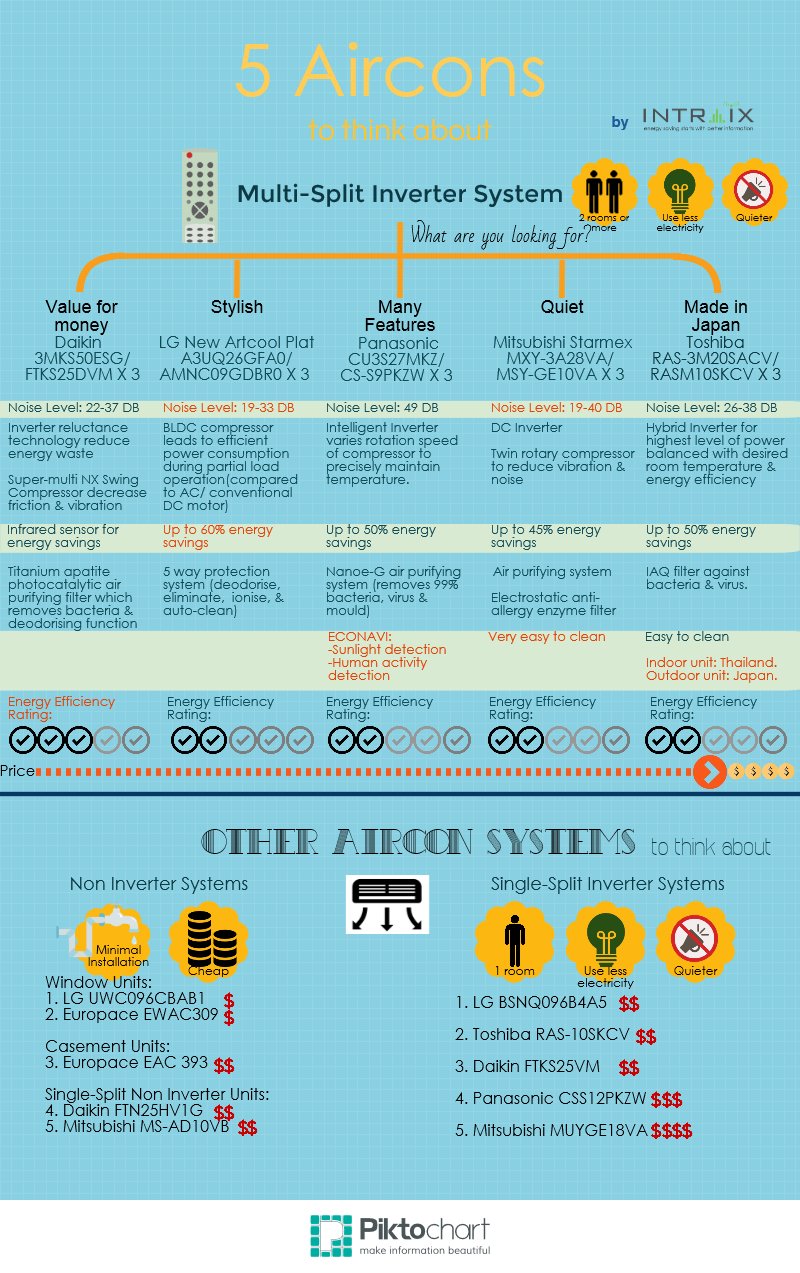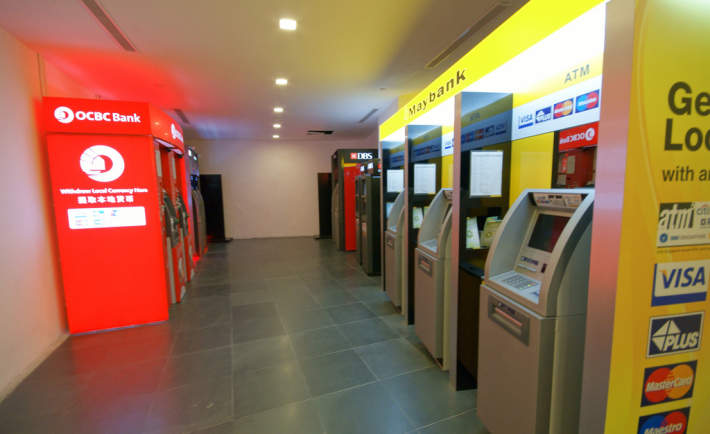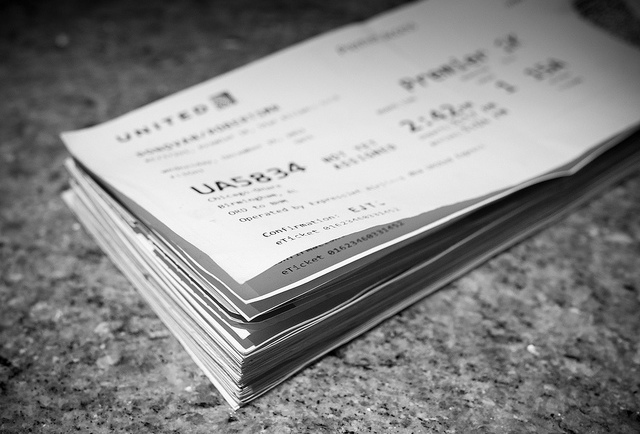Life is unexpected; you will never know when an emergency or financial crisis will hit. With that constant reminder, who does not want to save over S$3,000 a year? That said, here are the Easy Ways You Can Save Over S$3,000 A Year:
1. WATER SELECTION
If you are purchasing bottled water from the stores that are priced at S$1/1.5L bottle then, a family of four goes through at least 20 bottles a week. This is why it is best to drink from the safe tap. Filling up your reusable water bottle or jug only takes seconds and only costs S$0! With the tap water, you save about S$960 annually!
2. POWER STRIPS OFF
Power strips or otherwise known as power bar, trailer lead, or extension block, can spike your electric costs even if you turn it off.
Accounting for about 5-10% of your home’s energy bill, the best way to save from this is to unplug it completely. Unplugging your power strips can save you approximately S$70-330 per annum.
3. LIMITING AIR CONDITIONER USAGE
At 900 watts or more, your air conditioner (AC) is one of the major appliances that contribute to a huge chunk of your energy bill. So, if it is running for 8 hours a night for 365 days then, your medium-sized AC unit will cost you about S$600 annually. A good way to save about 50% is to time your AC to shut down after 4 hours. Then, save about S$25 on AC – a month!
Furthermore, here are the 5 Cost Saving and Energy Saving Air conditioners For your HDB:
4. ELIMINATE THE DRYER
Instead of constantly putting your clothes in the dryer, hang it in properly in a clothesline. The dryer, like the AC, is contributing to a huge chunk of your energy bill. It feeds on energy and a lot of it. So, by letting your dryer rest, you can save about S$103 a year. That is if you regularly have 6 loads per week and take 20 minutes per load.
5. HAVE HOME COOKED MEALS FOR DINNER
Aside from packing lunch at work, cooking at home every dinner will cut your costs effectively and immensely. The cost of the meat, vegetables, and spices are lesser at the grocery than at the restaurants outside. This is why you must limit your restaurant trips or take-out meals to at least once a week.
For instance, you are going out for dinner at an average restaurant for 3 times a week then, it can cost you S$240 a month or S$2,880 a year. So if you limit your outside dinner trips to once every week then you can save up to S$1,920 a year!
SUMMARY (M-1 month & Y-1 year):
A. Water: S$80/M , S$960/Y
B. Power Strips: S$5.8-27.5/M, S$70-330/Y
C. Air Conditioner: S$25/M, S$300/Y
D. Dryer: S$8.6/M, S$103/Y
E. Dinner: S$160/M, S$1,920/Y
Thus, the total can go up to S$3,613 worth of savings in just 12 months!







